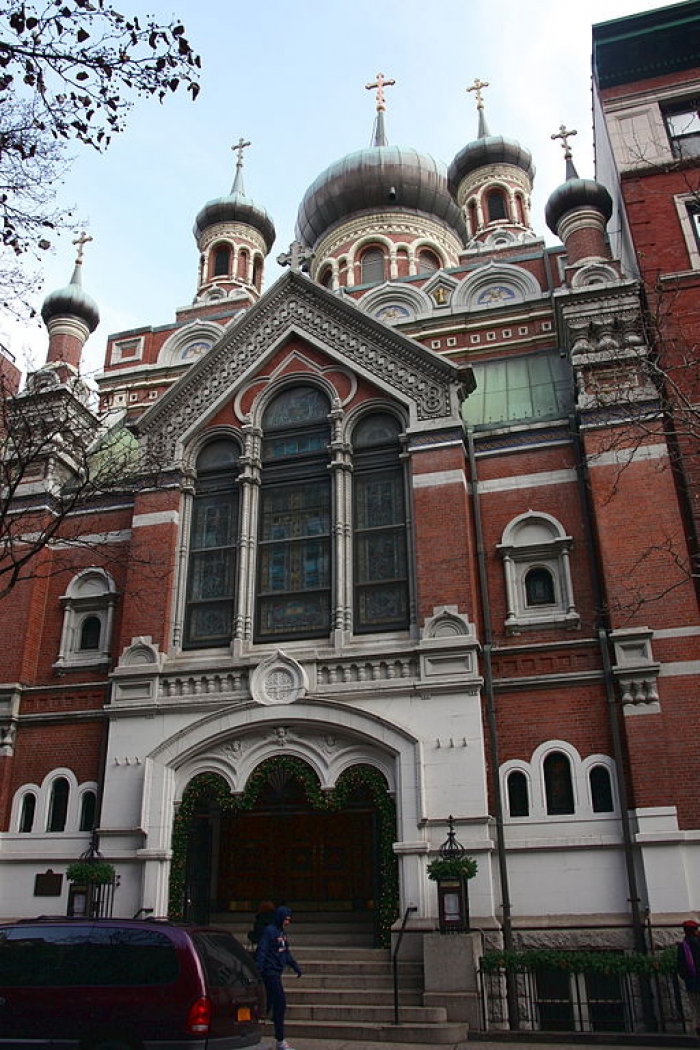In Kedroff v. Saint Nicholas Cathedral, 344 U.S. 94 (1952), the Supreme Court ruled that Article 5-C of the Religious Corporations Law of New York exercised unconstitutional legislative interference in the freedom of religion. The article effectively vested administration of U.S. Russian Orthodox churches in a U.S. group that was distinct from its Soviet counterpart, the Supreme Church Authority in Moscow (then under the atheistic influences of the Soviet government).
Court ruled that New York had intruded into religious freedom
Justice Stanley F. Reed based his majority opinion in Kedroff on the idea that a government that could by legislative will or fiat grant authority to one group could just as easily grant it to another. Reed relied on Watson v. Jones (1871) for the principle that churches are governed by their own ecclesiastical bodies. But he denied that the Court’s decision in American Communications Association v. Douds (1950), which permitted Congress to protect interstate commerce by requiring labor leaders to swear that they were not Communists, warranted New York’s action, because, with its action, New York was intruding “into the forbidden area of religious freedom contrary to the principles of the First Amendment.”
Justice Felix Frankfurter’s concurring opinion, joined by Justices Hugo L. Black and William O. Douglas, stressed the utter incapacity of state legislatures to decide such matters. He observed that a contrary ruling could set a precedent for state control of many other churches with foreign connections.
Justice Robert H. Jackson’s dissent stressed state control over questions of “ownership or possession of real estate within its borders.” He rejected the notion that the New York law should “yield to the authority of a foreign and unfriendly state masquerading as a spiritual institution.” Jackson dismissed the religious freedom issue in this case as “insubstantial.”
In a follow-up per curiam decision in Kreshik v. Saint Nicholas Cathedral (1960), the Court ruled that the state judiciary was also barred from interfering in ecclesiastical government.

